Chuck D, Flavor Flav, Terminator X, Professor Griff, The Bomb Squad
28 June 1988 | Def Jam | 58 minutes
IN HISTORY
It’s June 1988, intermediate-range missiles are banned in the US and the Soviet Union, wildfires devours Yellowstone, Weyes Blood is born and Raj Kapoor is dead. Ronald Reagan is President, Thatcher is Prime Minister and severe droughts threaten multiple duck species.
In this unstable worldwide context, between the Cold War, the recognition of climate change and George Michael’s monopole on the charts, the face of music is about to drastically change once again. It’s June 1988, and on the 28th, the New York based collective Public Enemy release their sophomore LP entitled It Takes a Nation of Millions to Hold Us Back. This date is a milestone for the memories.
Influenced by Bob Marley, James Brown, the Clash and the Rolling Stones, Chuck D, Flavor Flav, Professor Griff and Terminator X team up with the Bomb Squad to produce an album made of « noise ». It’s June 1988 and it’s going to revolutionize the way we make hip-hop. For Chuck D, this album came out at a time when he thought that the Black community was too blatantly accepting their life conditions and blening in the white American society. So they turned hip-hop into the powerful political art we famously know today, both lyrically and sonically.
In a new age for sampling technics powered by Eric B & Rakim’s You Know You Got Soul who brought back hip-hop into the arms of the King of Soul James Brown, Nation was about to become a feral landmark.
HIP-HOP IS ALIVE
« This is the new movement, and it’s got power and speed » Chuck D
We’re in London, 1987, a show of urgency and tension, during the Def Jam tour alongside with Eric B & Rakim and LL Cool J. It’s only 1987 and this tour is already one of the most famous of all time, inside the hip-hop scene and beyond.
This live performance changed everything. It’s no coïncidence if you find it on the intro, Countdown To Armageddon. After their first LP Yo! Bum Rush the Show, Public Enemy wanted their next album to match their live energy. They decided to make the beats faster. Their iconic song Bring the Noise is 109 beats per minute whereas, even today, the average BPM for a hip-hop song is between 80 and 100. It’s only trap that took the BPM higher (between 130 and 150).
Chuck D did here what Charlie Parker did with jazz. During the 1920’s, swing had a slow pace and White people started making their own thing and erasing the Black roots of jazz. So Charlie Parker, Dizzy Gillespie and Thelonious Monk sped it up so White musicians couldn’t follow anymore. They invented bebop. And from that emerged the greatest jazz players of all time, Coleman, Ayler, Davis, Coltrane.
Nation is relentless and noisy so people never « see you be slow, weak, or at a tempo where you’re just bopping ». You need to stay awake, focused, on the move, eyes open.
SYSTEMIC CONSCIOUSNESS
« It Takes a Nation was definitely a Black narrative. » Chuck D
Before this album, political/conscious hip-hop was limited to a few songs by Grandmaster Flash, Boogie Down Productions or KRS-One. This was the first time an entire album was dedicated to Black activism.
Now, a public enemy is alive and well. And in order to have a public enemy, you need an institutional oppenent. Here, Public Enemy reintroduce the Black community to the White systemic oppressive American system. Each song on the album talks about the place of Black people within a specific frame of the society.
« Too black too strong », sampling a speech by Malcolm X, Bring the Noise sets the tone of Public Enemy’s identity. Black power rises until Don’t Believe the Hype, a criticism of misinformation and the weight of TV where « some perpetrate, they drink Clorox / Attack the Black, because I know they lack exact / The cold facts, and still they try to Xerox » or, in other words, White people try to replicate what Black people do best while getting rid of their names and legacy.
With Louder Than A Bomb, Chuck D takes aim at another theme : government surveillance and the oppressive system that « claim we’re products from the bottom of hell / ‘Cause the Black is back and it’s bound to sell » while Caught, Can We Get a Witness? and Black Steel both target the over-representation of Black people within the criminal justice system, Chuck D asking if its « some kind of legal slavery ».
Whether it’s how TV distorts reality and minds on She Watch Channel Zeo ?! or the drug culture on Night of the Living Baseheads, every song carried by Chuck D’s verses, Flavor Flav’s ad-libs, Terminator X’ scratches and the Bomb Squad « Wall of Sound » is an outburst of virtuose literature opening an ocean of possibilities for the Black culture.
THE FIGHT
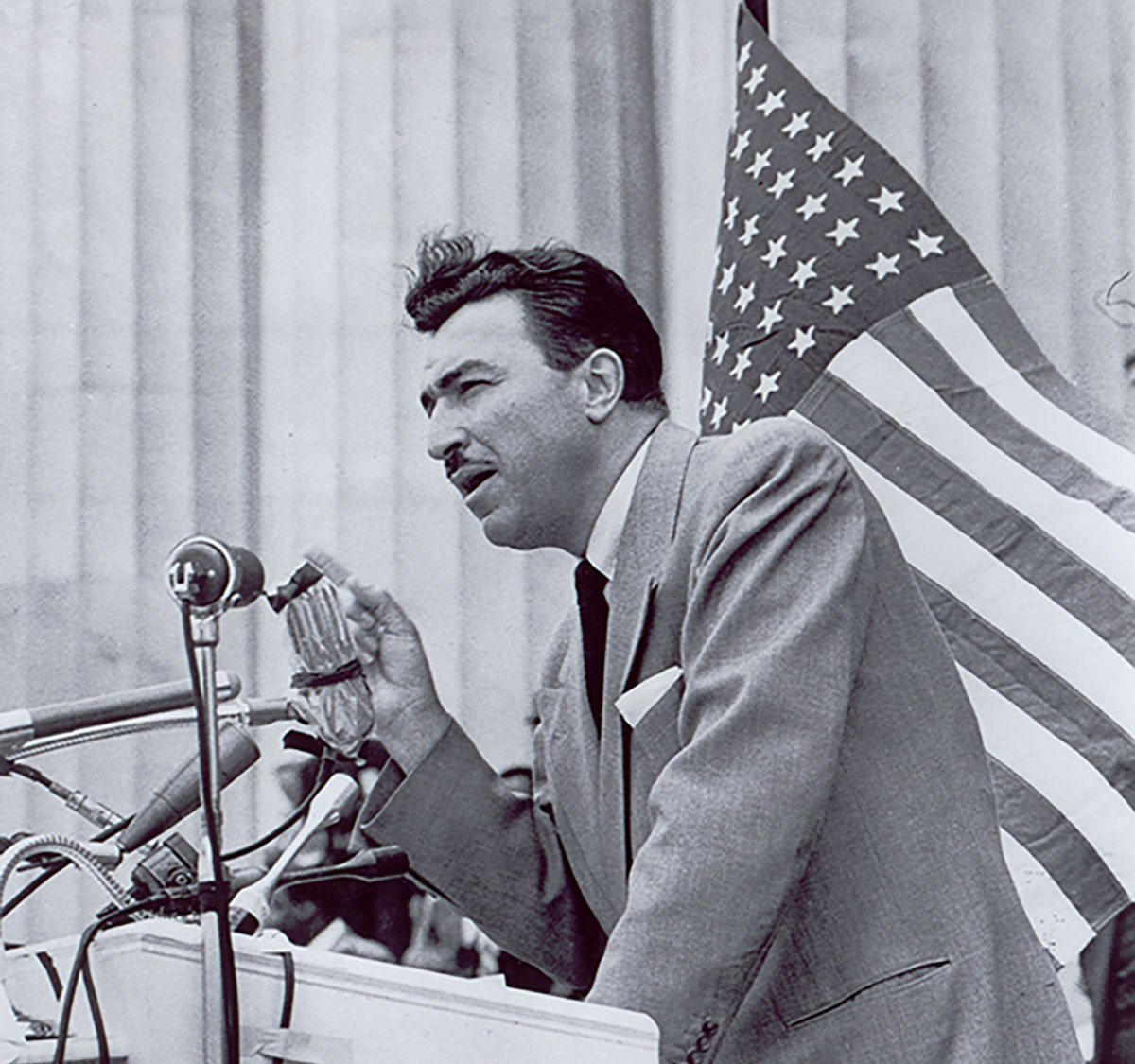
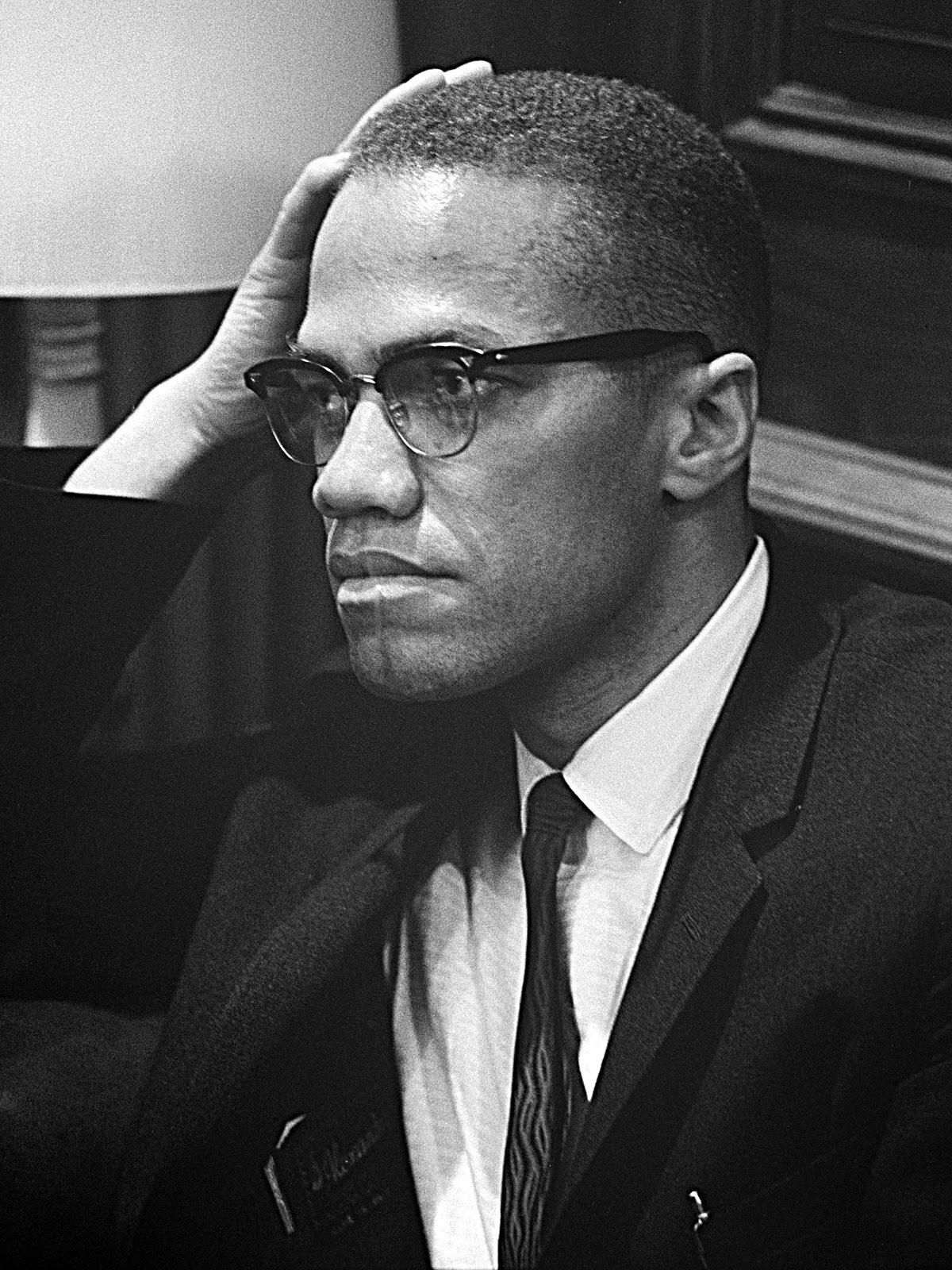
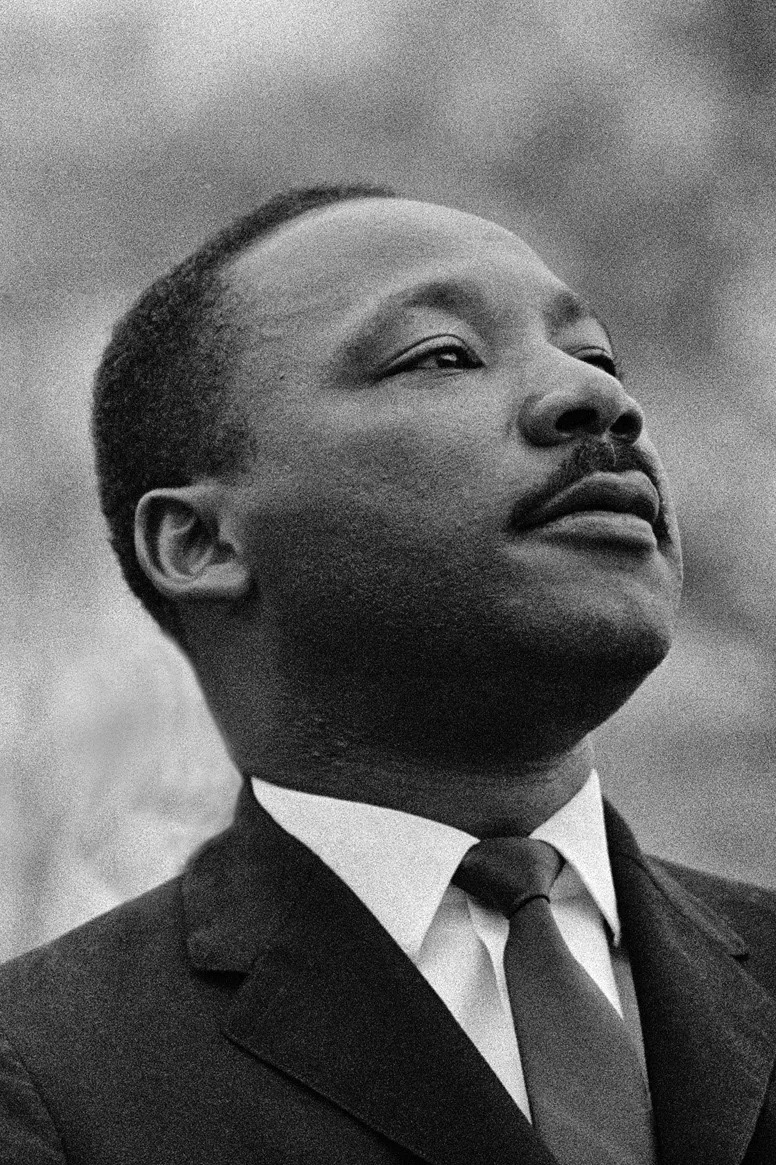
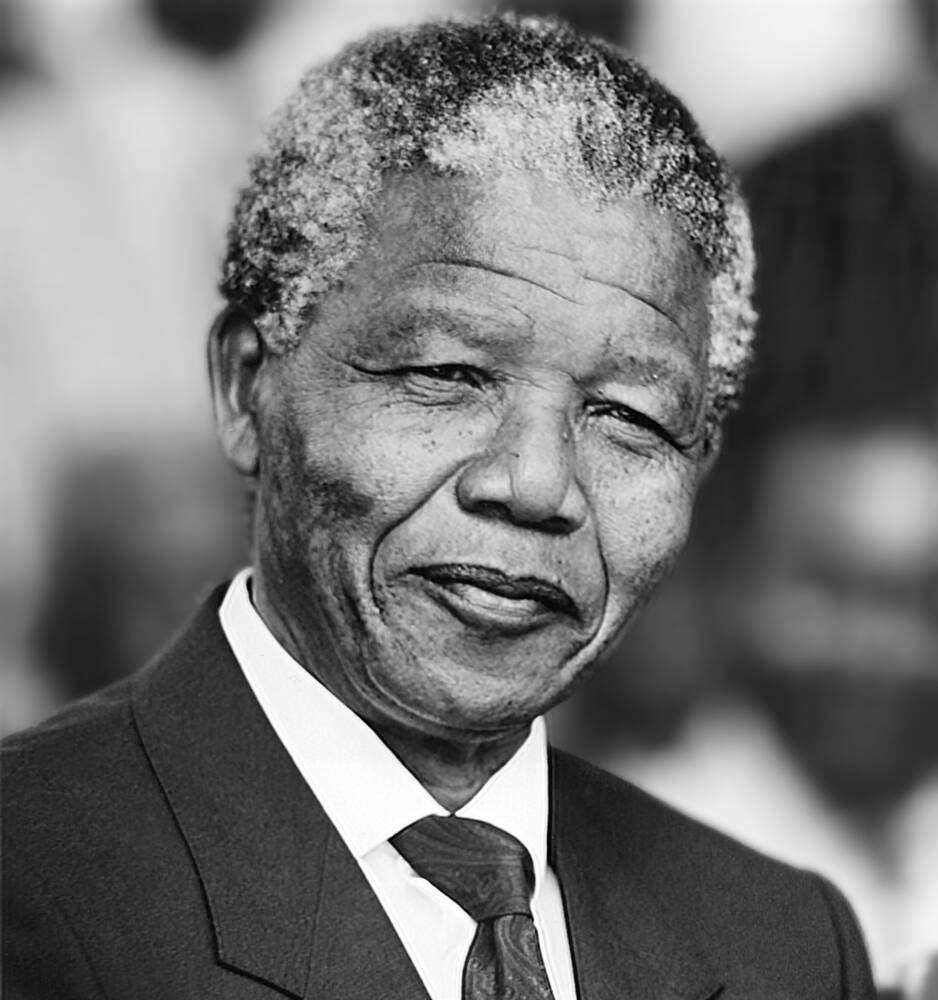
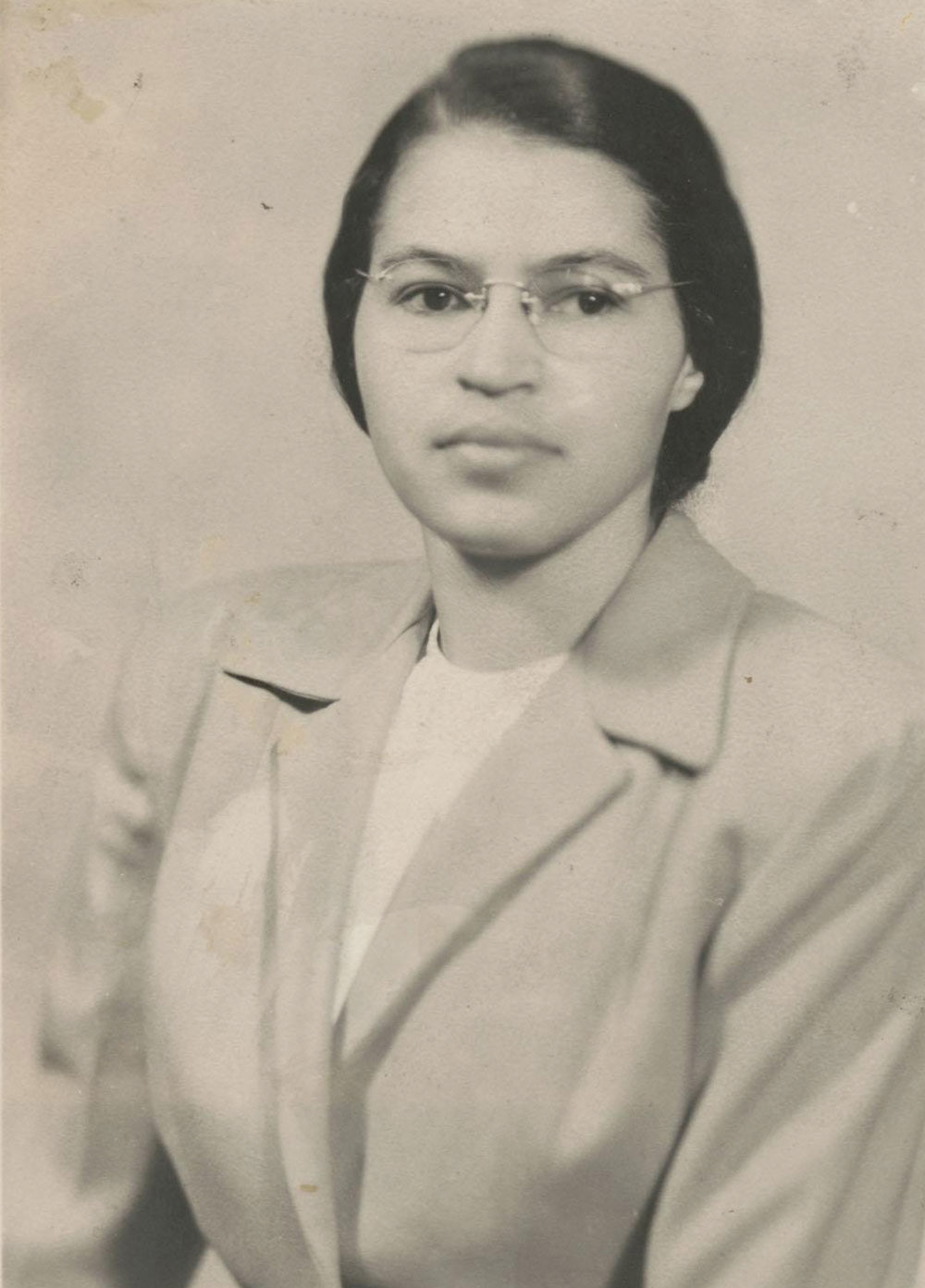
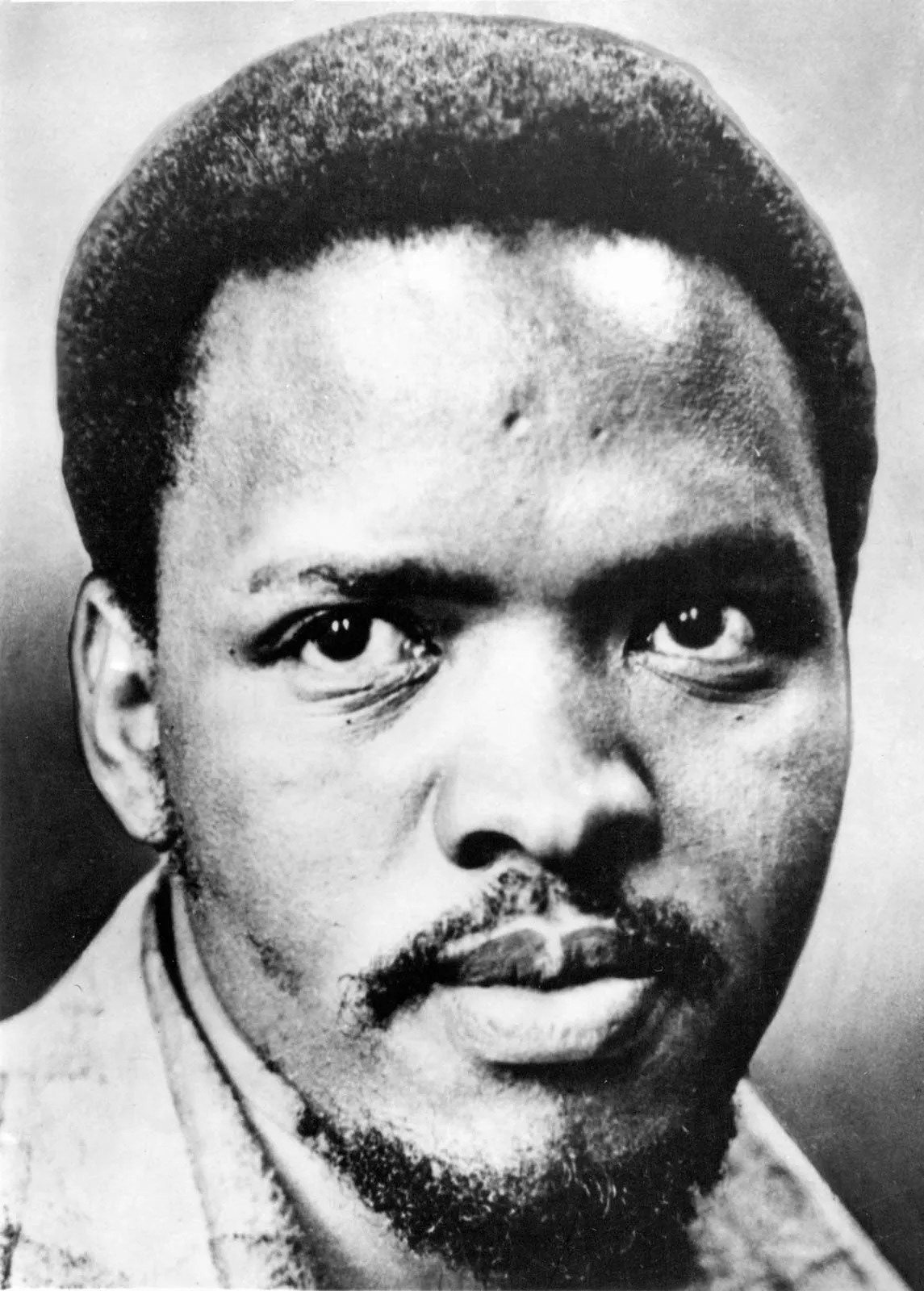
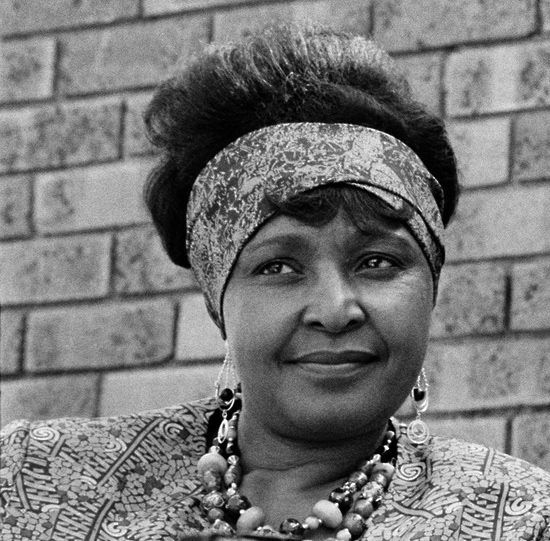
Rosa Parks ¤ Steve Biko ¤ Malcolm X ¤ Winnie Mandela ¤ Martin Luther King ¤ Adam Clayton Powell Jr ¤ Nelson Mandela
Bomb Squad member Hank Shocklee said, « We use samples like an artist would us painting ». In Rebel Without a Pause, Public Enemy sample The Grunt by the J.B’s, The Funky Drummer and Get Up Offa That Thing by James Brown, I Don’t Know What This World Is Coming To by The Soul Children and Rock ’N’Roll Dude by Chubb Rock, 5 songs. With a nod to James Dean 1955 classic Rebel Without a Cause, Chuck D uses pop culture and subvert it with its use of sampling as a call to action for Black « listeners to take control of their own narrative ».
But sampling isn’t limited to songs. It concerns speeches too. In Show ‘Em Watcha Got, the interlude starts with a speech by Ava Muhammad, an American Black Muslim related to the Nation of Islam. Here she gives a list of names, Black activists, politicians and spiritual leaders who gave their life to the cause they were fighting for. As if they were taking a trip down memory lane, Public Enemy revisit Black History and turn White History into Black History.
On Prophets of Rage, the song is opened by a sample from comedian Richard Pryor saying, « You’re quite hostile / I got a right to be hostile man, my people are being persecuted ! » And it’s that right Public Enemy continue to claim on the final song, Party For Your Right to Fight.
BLACK HIP-HOP
In 1986, the Beastie Boys released their breakthrough debut Licensed to Ill, featuring Fight for Your Right, a satyrical ode to the right of partying, that was misunderstood by the masses as a straightforward and serious song, despite its sarcastic tone.
Two years later, Public Enemy chose to end It Takes a Nation with Party For Your Right To Fight. Here, they flip the Beastie Boys’ title and turn the word « party » as in « to have fun » into the word « party », as in the Black Panther Party.
Founded by Bobby Seale and Huey Newton in 1966, the Party advocating for freedom (« We want power to determine the destiny of our Black Community ») was crushed in the early 1970’s by the US government and the FBI. « J. Edgar Hoover, and he coulda proved to you he had King and X set up / Aslo the party with Newton, Cleaver and Seale / He ended, so get up / Time to get ‘em back ». Nothing could have stopped Public Enemy back then, and the state of hip-hop nowadays proves how vivd and powerful this continuous fight has become.
FOCUS 1 : VISUALS - NIGHT OF THE LIVING BASEHEADS
But the revolution wasn’t only meant for the music. The music video for Night of the Living Baseheads was a revolution in itself too. « Shame on a brother when he dealin’ the same block where my 98 is wheelin’ / And everybody know, another kilo from a corner from a brother keep another below ». If the song is about the crack epidemic spreading among the Black community, Tricia Rose wrote in her book Black Noise that the video is a « critique of the government, the police, the media and the black bourgeoisie ».
Here Flavor Flav is the host of Public Enemy TV while reporters encounter White people in the streets and Wall Street trying to hide their responsibility. Then, Chuck D is caught by supremacists until the S1W, Public Enemy’s security crew, comes to free him. During 5 minutes, it’s a masterclass of multi-layered storytelling and iconic bars.
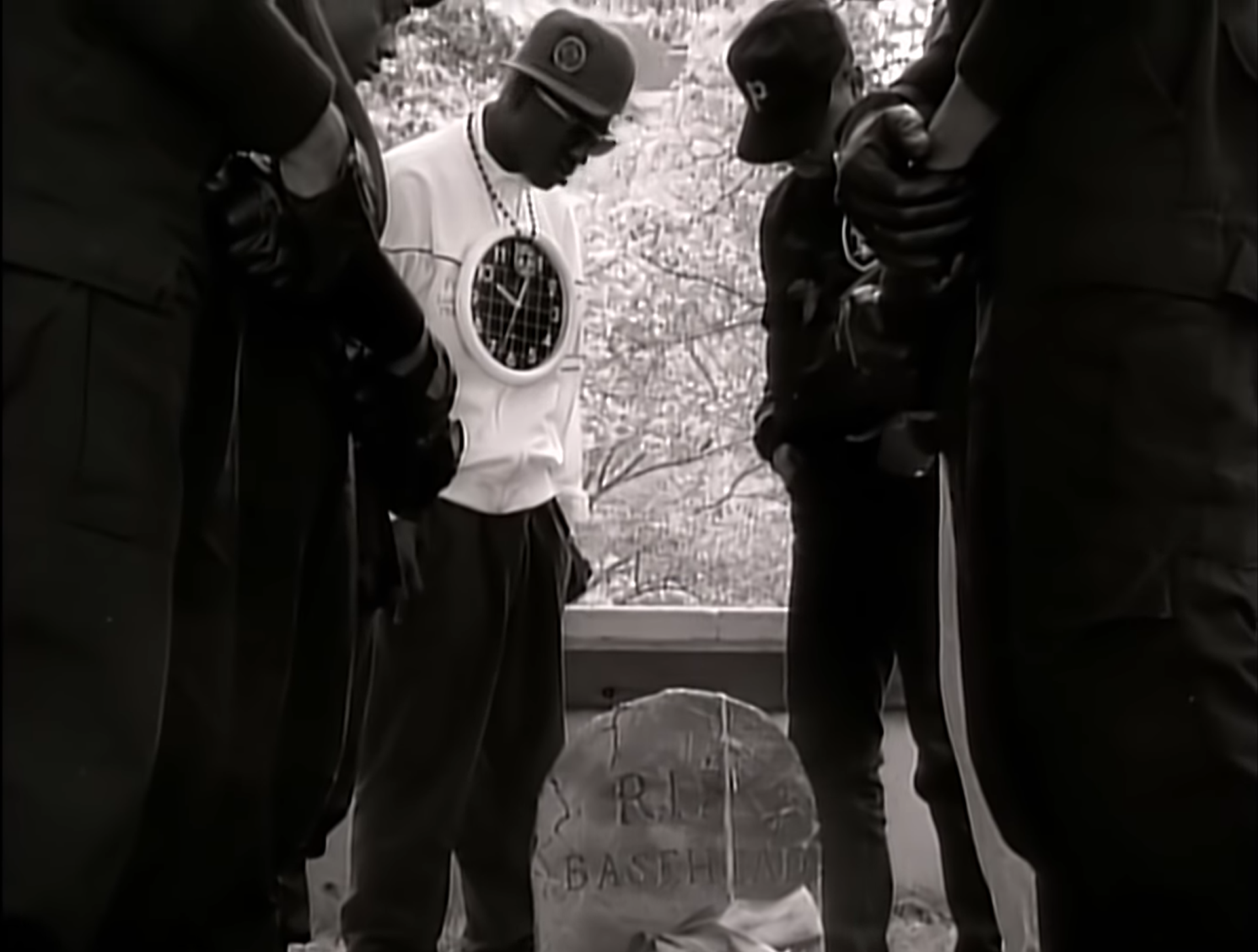
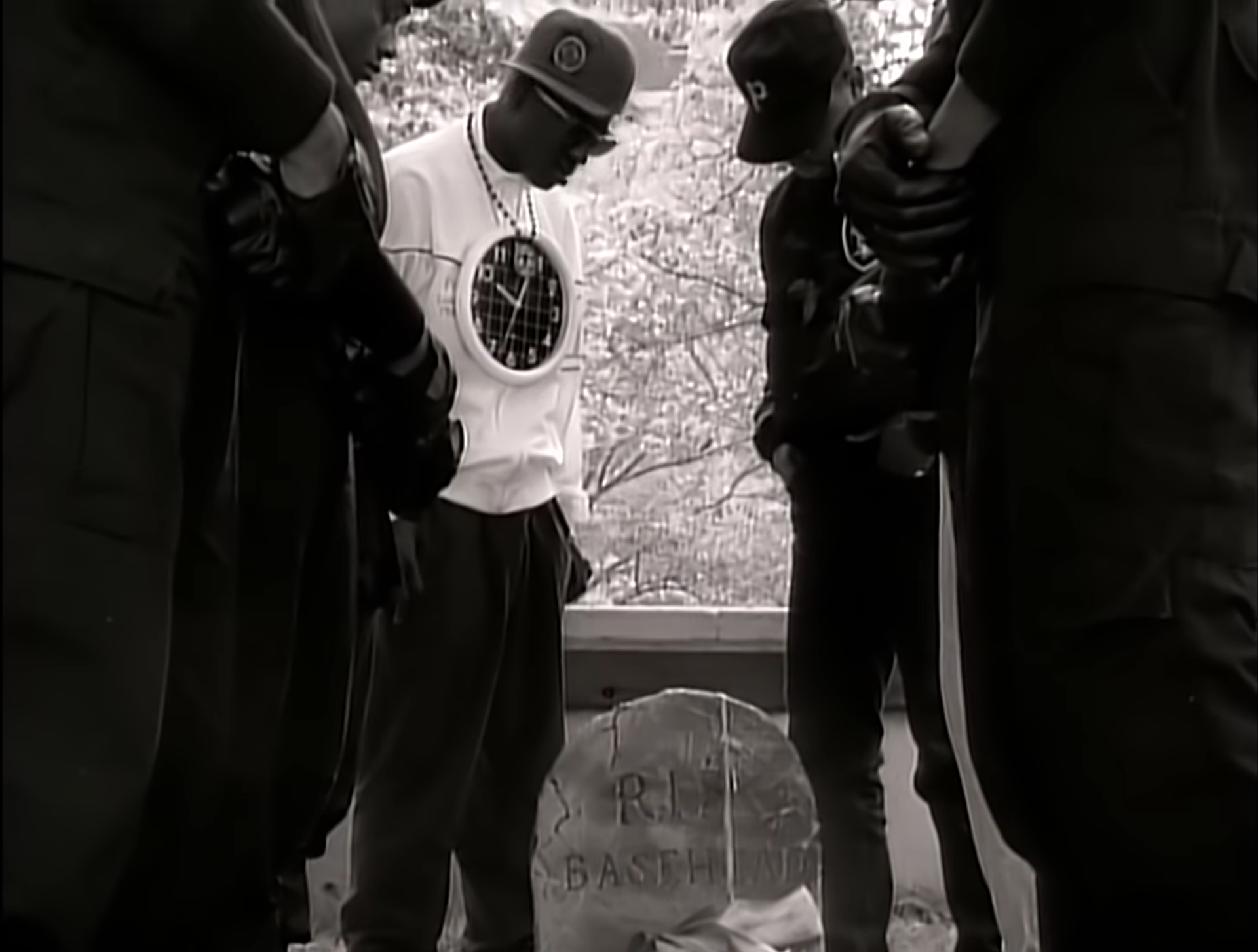
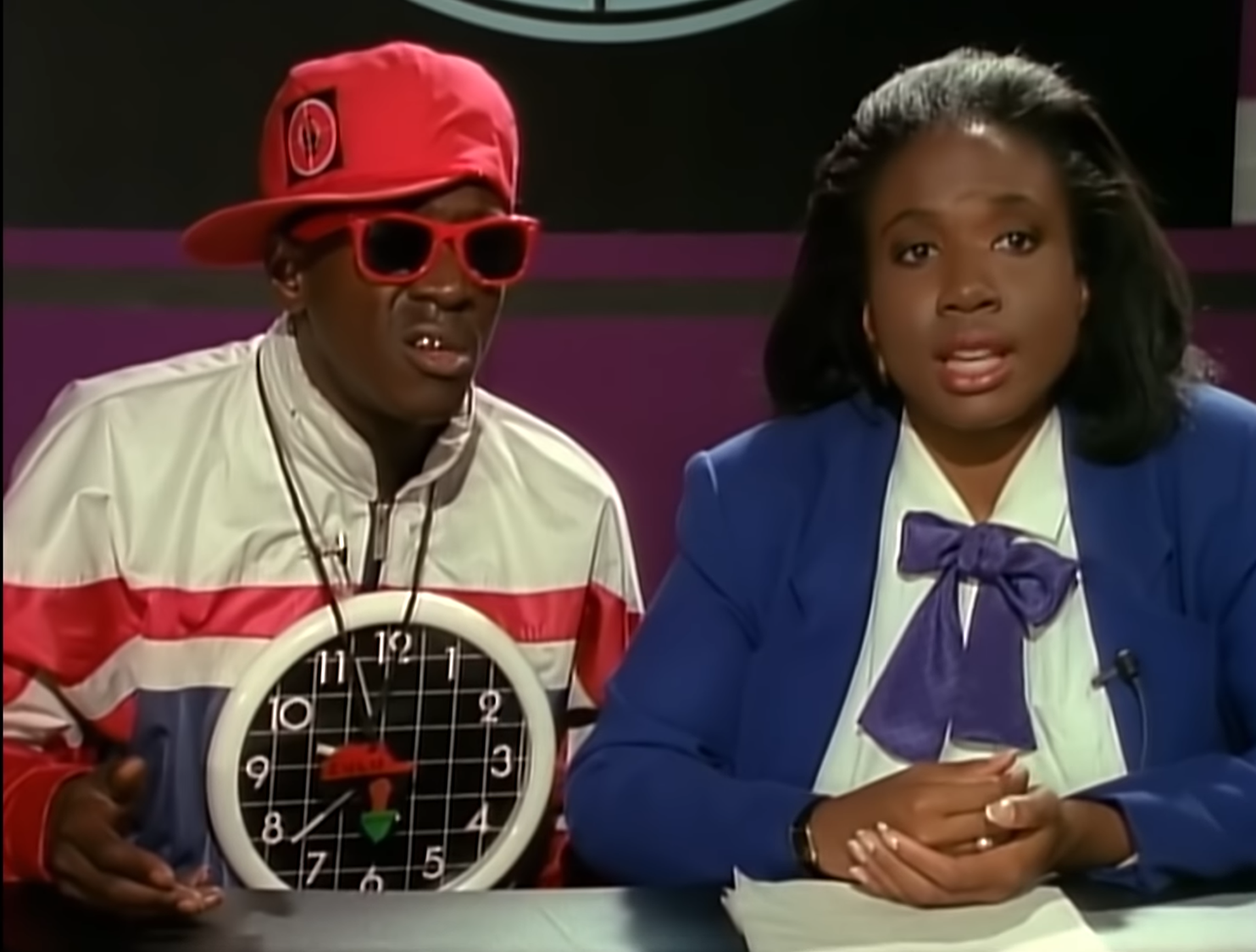
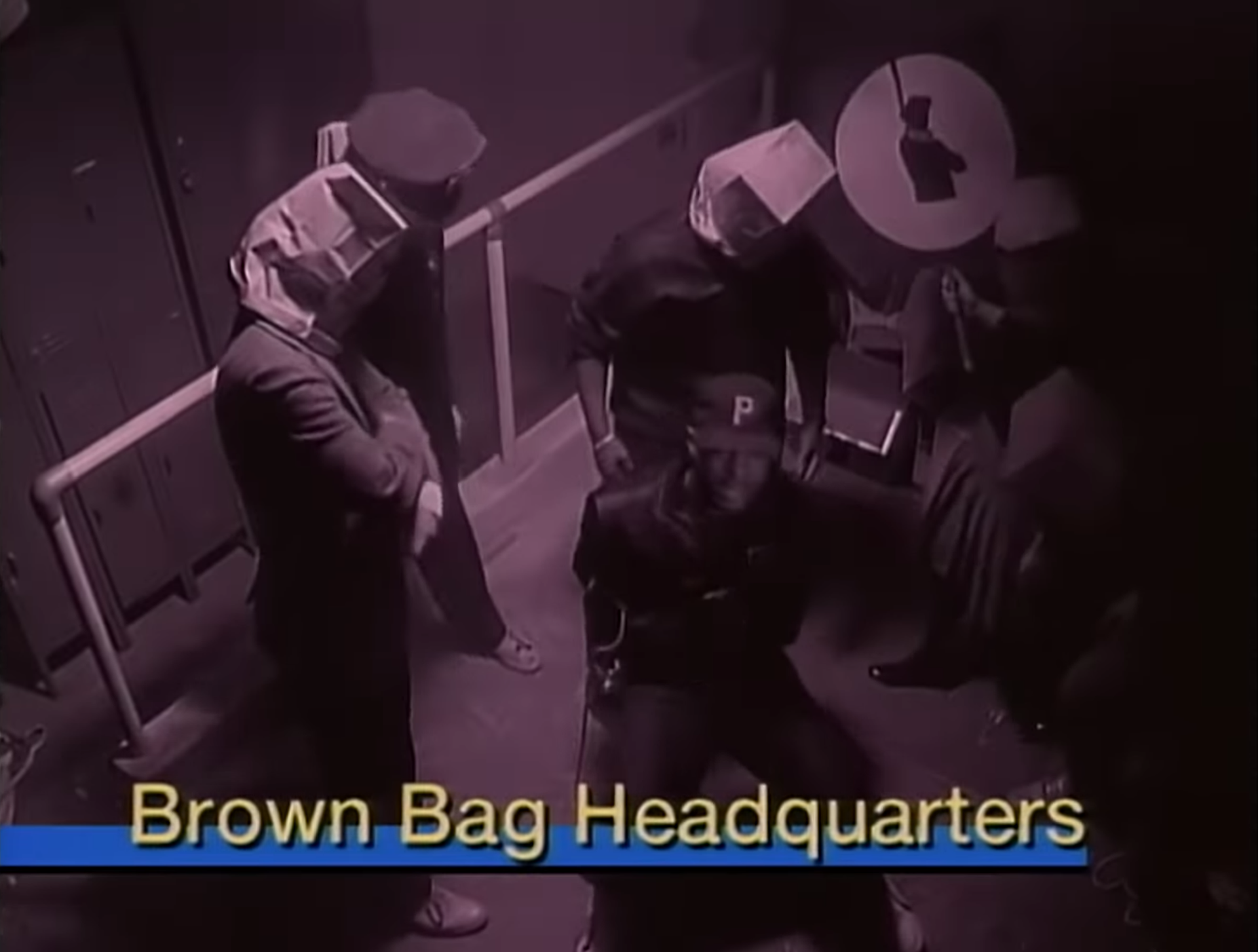
FOCUS 2 : LYRICS - BLACK STEEL IN THE HOUR OF CHAOS
“A cell is hell, I’m a rebel, so I rebel
Between bars, got me thinking like an animal”
And if we stop on this verse by Chuck D, it becomes very clear how impressive the legendary MC is able, in just a few words, to create double meanings that, on one hand, condemns the American criminal justice system and, on the other, elevates his clout as a rapper.
On this track, Chuck D takes the place of an inmate who just received a letter from the goverment saying they were suckers telling him to enlist in the Vietnam War. Chuck D thinks « Here is a land that never gave a damn about a brother like me » and starts a riot in order to escape.
« I’m a rebel so I rebel », Chuck D notices how his own nature gives him no other choice but to rebel in order to fight for his freedom. But everything unfolds in the second line.
The prison environment is a hell, Chuck D called that « legal slavery » because of the dreadful life conditions and the always over consequent sentences held against Black people who committed small larceny. But « bars » and « animal » don’t only refer to the dehumanization of Black inmates. In hip-hop, a « bar » refers to very good lyrics, while « animal » is a nod to one of Chuck D’s nickname, the Rhyme Animal.
With this double entendre, Chuck D signifies his talent as a rapper and his ability to fill his artistic power and wording on the back of the system. He turns oppression into a strength spreading to every listener.
THEIR LEGACY
Dr Dre and Ice Cube on the West Coast, De La Soul, A Tribe Called Quest, Mos Def and the Beastie Boys’ Paul’s Boutique on the East Coast, the immediate legacy of Public Enemy’s It Takes a Nation is monumental. All the sharp-edged politically charged hip-hop albums that came out a few years after such as Done by the Forces of Nature by the Jungle Brothers, The Low End Theory by the Tribe and Breaking Atoms by Main Source can thank Public Enemy’s masterpiece.
On the long run, It Takes a Nation of Millions to Hold Us Back remains one of the most influential hip-hop albums of all time, the rightful predecessor of Black On Both Sides, To Pimp a Butterfly and Sometimes I Might Be Introvert. With Chuck D still bringing his knowledge to books, TV shows and interviews, words are now swinging like weapons more than ever before : activism in the form of art, two sides of the same coin.